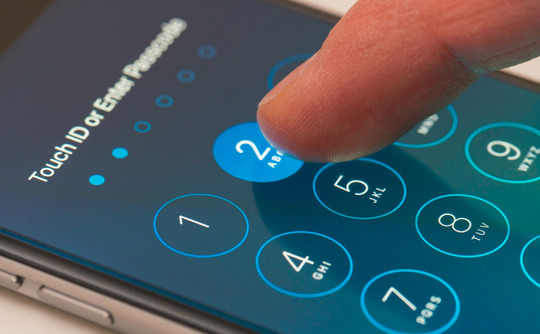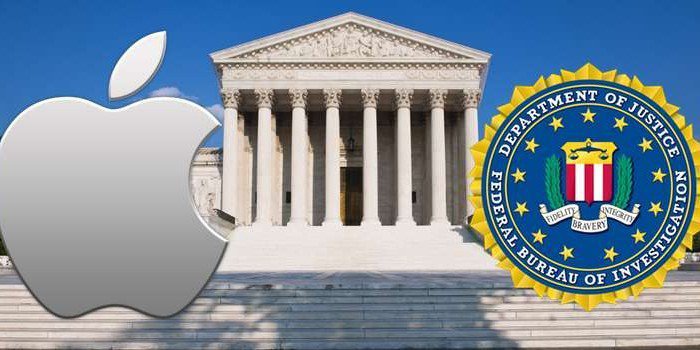FBI Has Found an Alternate Way to Unlock the San Bernardino Shooter’s iPhone
 Credit: Apple
Credit: AppleToggle Dark Mode
Indicating that an unknown 3rd party has come forward offering a way to unlock the iPhone belonging to San Bernardino terror suspect, Syed Rizwan Farook, without the need of Apple’s assistance, the U.S. Department of Justice on Monday asked a federal court to vacate today’s scheduled hearing in the ongoing iPhone encryption case.
According to a spur-of-the-moment court filing, the outside party demonstrated to FBI officials a method that could unlock the iPhone 5c belonging to Syed Farook — the notorious San Bernardino, California shooting mastermind. The good news, at least for the FBI, is that if it has indeed come across a viable encryption workaround, prosecutors would no longer need Apple’s assistance to move forward in the otherwise high-profile, highly publicized data encryption case.

This news comes to us today courtesy of Politico, who originally reported the following statement from the DOJ:
“On Sunday, March 20, 2016, an outside party demonstrated to the FBI a possible method for unlocking [terrorist Syed] Farook’s iPhone,” according to the Justice Department. “Testing is required to determine whether it is a viable method that will not compromise data on Farook’s iPhone, however, if the method is viable, it should eliminate the need for the assistance from Apple Inc. (“Apple”) set forth in the All Writs Act Order in this case.”
U.S. Magistrate Judge Sheri Pym has thus far agreed to postpone Tuesday’s scheduled hearing, while the FBI works to determine the viability of the proposed hack. Accordingly, prosecutors involved in the case have been given until April 5th, 2016, to file an update with the court. Apple, for its part, indicated in a conference call this morning that the company intends to request additional information pertinent to the supposed vulnerability.
The good news is that, if the U.S. government is ultimately granted a deferment in the case, it could delay — perhaps indefinitely — any future hearings pertinent to Apple’s challenge of the FBI’s justifications in accordance with the All Writ’s Act.

Even still, the stakes are considerably high for both sides in the ongoing matter. A win for the FBI, on one hand, would undoubtedly set a strong precedent by solidifying the AWA as an effective and assertive judicial tool for the sake of getting big tech companies, like Apple, to comply with future digital evidence gathering procedures. And that precedent, indeed, would likely go a long way — insofar as strengthening the U.S. government’s technical procedures when it comes to dealing with sophisticated digital data systems is concerned.
On the other hand, however, if Apple is ultimately successful in staving off the persistent pressure from the DOJ, the company could cast doubt on AWA’s application — at least, as it applies to the tech industry.
All things considered, though, the San Bernardino Encryption case appears to be more of a gamble for the Department of Justice than it is Apple. The All Writs Act, for instance, is essentially the FBI’s last remaining hope of gaining access to crucial evidence — and thus, any potential precedent against the measure could be damaging to future investigations.
Apple, on the other hand, has a nearly limitless pool of financial resources at its disposal and, perhaps more importantly, plenty of time to strengthen its defenses if forced to break a particular encryption method.
And, to that end, the Silicon Valley tech-giant has already vowed to carry the case all the way up to the U.S. Supreme Court, if it boils down to that.
Learn More: 4 Ways to Lower Your Data Usage in iOS 9






